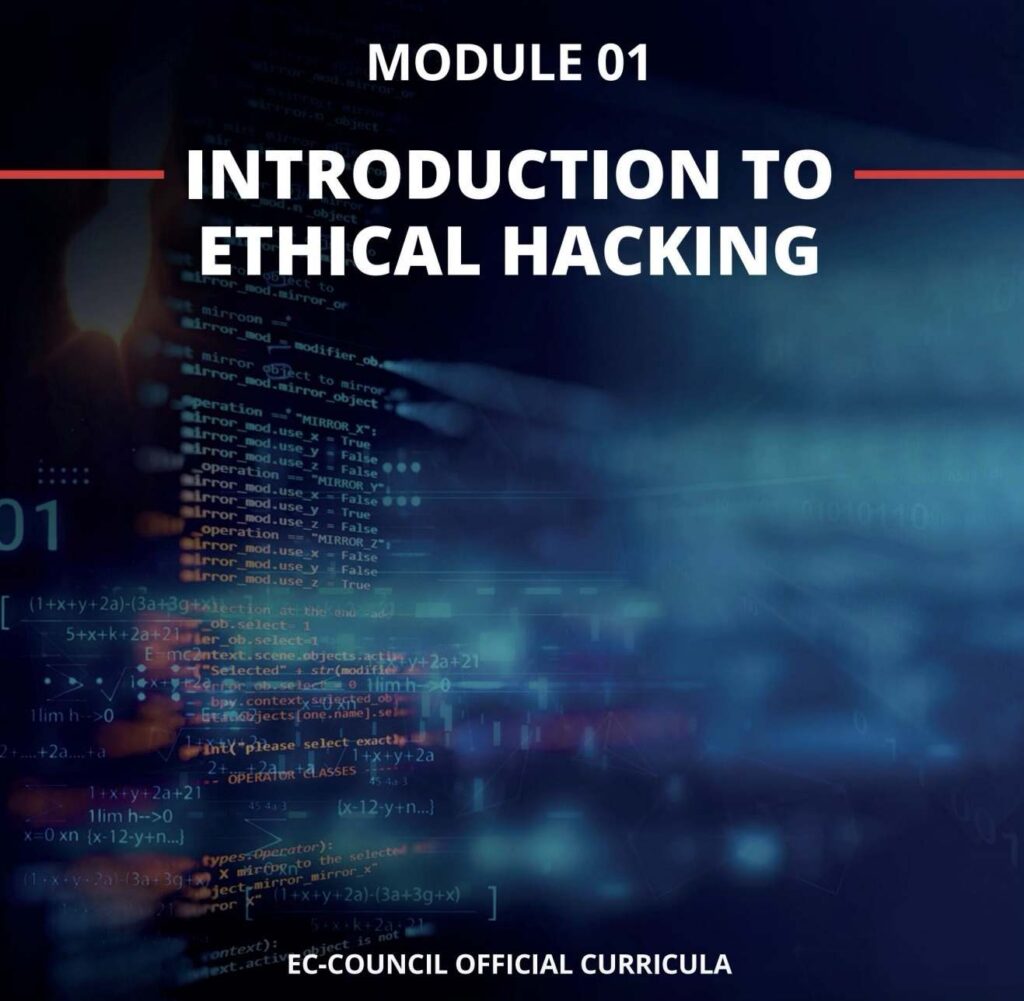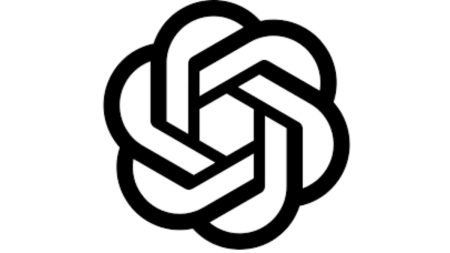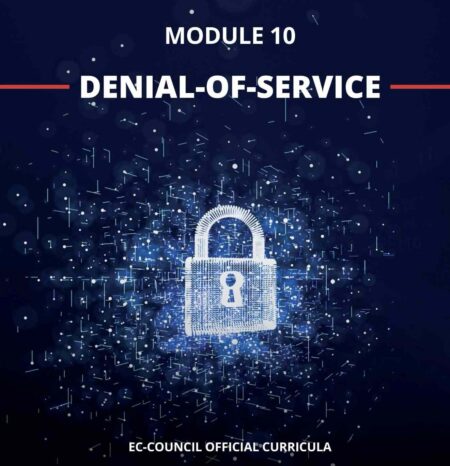The Certified Ethical Hacker (CEH) program is a comprehensive training and certification program provided by the International Council of E-Commerce Consultants (EC-Council).
The CEH program is designed to equip individuals with the skills and knowledge necessary to identify and counteract potential security threats in computer systems.
Understanding the fundamentals of key issues in the information security world is crucial for anyone involved in cybersecurity, whether you are an aspiring ethical hacker, security professional, or IT practitioner.
Here’s an overview of the fundamental concepts you should be familiar with:
- Information Security Basics:
- Confidentiality, Integrity, and Availability (CIA): The CIA triad is a fundamental concept in information security. Confidentiality ensures that data is not disclosed to unauthorized parties, integrity ensures the accuracy and reliability of data, and availability ensures that data is accessible when needed.
- Security Principles: Understanding principles such as least privilege, defense in depth, and separation of duties.
- Risk Management: Identifying, assessing, and mitigating risks to information assets.
- Ethical Hacking:
- Definition: Ethical hacking involves authorized and legal penetration testing to identify and fix vulnerabilities in computer systems.
- Hacker Types: White hat (ethical), black hat (malicious), and grey hat (combination).
- Hacking Methodology: The phases of hacking, include reconnaissance, scanning, gaining access, maintaining access, and analysis.
- Information Security Controls:
- Access Controls: Implementing mechanisms to restrict unauthorized access.
- Firewalls and Intrusion Detection Systems (IDS): Network security devices that monitor and control incoming and outgoing network traffic.
- Encryption: Protecting data by converting it into a secure format that can only be read by authorized parties.
- Authentication and Authorization: Verifying the identity of users and granting appropriate access privileges.
- Security Policies and Procedures: Documented guidelines and rules governing information security practices within an organization.
- Relevant Laws and Compliance:
- Data Protection Laws: Understanding regional and international laws governing the collection, processing, and storage of personal data (e.g., GDPR, HIPAA, CCPA).
- Computer Crime Laws: Legal frameworks that address cybercrime and unauthorized access to computer systems.
- Compliance Standards: Adhering to industry-specific standards and regulations (e.g., PCI DSS for the payment card industry, ISO 27001 for information security management).
- Standard Procedures:
- Incident Response: Developing and implementing plans to respond to and recover from security incidents.
- Security Awareness Training: Educating employees and users about security best practices and potential threats.
- Patch Management: Regularly updating and patching software to address known vulnerabilities.
- Secure Configuration: Ensuring that systems and applications are configured securely to minimize potential security risks.
- Emerging Trends:
- Cloud Security: Addressing security challenges associated with cloud computing and storage.
- Mobile Security: Ensuring the security of mobile devices and applications.
- IoT Security: Managing security risks associated with the Internet of Things.
Continuously staying informed about the evolving threat landscape, new technologies, and best practices is essential in the field of information security.
Regularly participating in training, obtaining relevant certifications, and staying up-to-date with industry news can contribute to a successful career in this dynamic and critical field.








